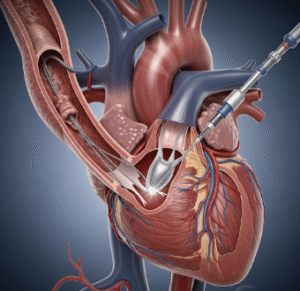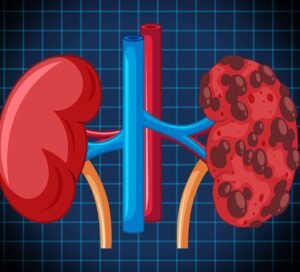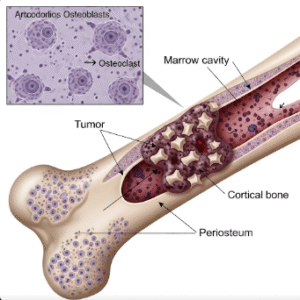Overview
Chickenpox, also known as varicella, is a highly contagious viral infection caused by the varicella-zoster virus. It primarily affects children but can also occur in adults, sometimes causing more severe complications. In Korea, widespread vaccination programs have significantly reduced the incidence, and modern pediatric care ensures effective treatment and prevention of complications.
What is Chickenpox?
Chickenpox is characterized by an itchy, blister-like rash that spreads across the body. The virus spreads through airborne droplets from coughing or sneezing, as well as direct contact with the fluid from the blisters. While generally mild in children, adults and immunocompromised individuals can experience more serious symptoms.
Symptoms
- Red, itchy rash that progresses to fluid-filled blisters
- Fever and chills
- Fatigue and general malaise
- Loss of appetite
- Headache
- Muscle aches
- Mild respiratory symptoms (runny nose, sore throat)
Causes
- Infection with the varicella-zoster virus (VZV)
- Direct contact with an infected person’s respiratory droplets or blister fluid
- Reactivation of the virus later in life can cause shingles (herpes zoster)
Risk Factors
- Children under 12 who have not been vaccinated
- Adults without prior infection or vaccination
- Immunocompromised individuals (HIV, cancer, transplant patients)
- Pregnant women who have never had chickenpox or the vaccine
Complications
- Bacterial skin infections from scratching blisters
- Pneumonia (especially in adults)
- Encephalitis or inflammation of the brain
- Hepatitis in immunocompromised patients
- Birth defects if contracted during early pregnancy
Prevention
- Varicella vaccine: Part of Korea’s national immunization program, typically given in two doses
- Avoiding contact with infected individuals
- Good hygiene practices and proper wound care for blisters
- Immunoglobulin therapy for high-risk individuals exposed to chickenpox
Treatment Options in Korea
Korea provides comprehensive care for chickenpox, focusing on symptom relief and preventing complications:
- Supportive care:
- Antihistamines for itching
- Fever control with acetaminophen (avoid aspirin in children)
- Adequate hydration and rest
- Antiviral therapy:
- Acyclovir or other antivirals for severe cases, adults, or immunocompromised patients
- Hospital care:
- Severe pneumonia, encephalitis, or complications require admission to pediatric or infectious disease units













